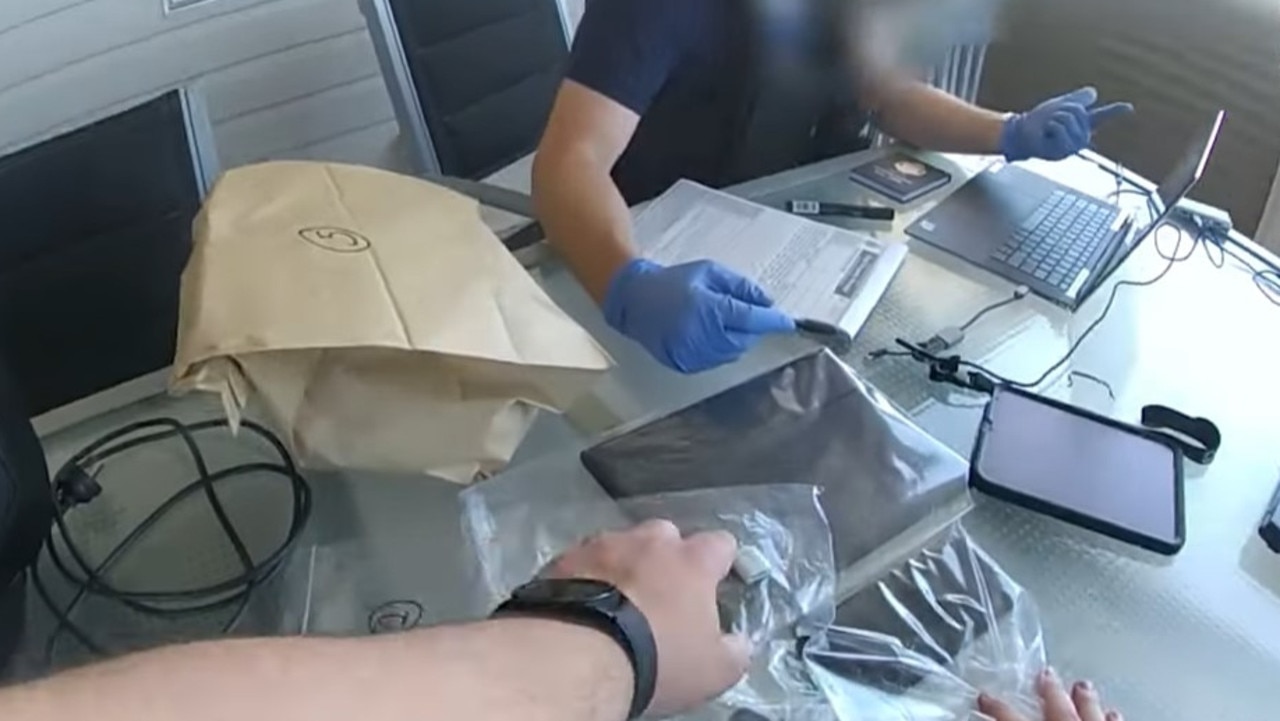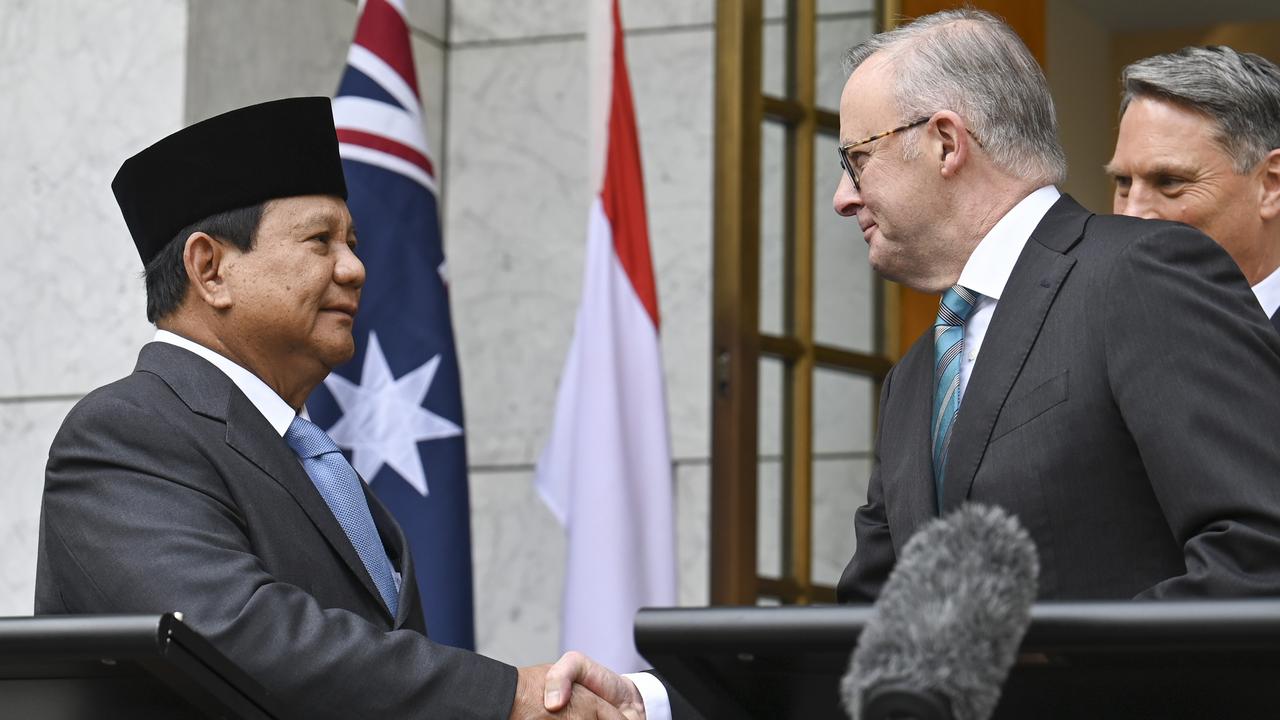How a telling detail in a Bethlehem gift shop Bible illuminates one of Australia’s toughest problems
In a tacky gift shop on the other side of the world, they sell Bibles with a small but unique feature. It carries immense meaning.
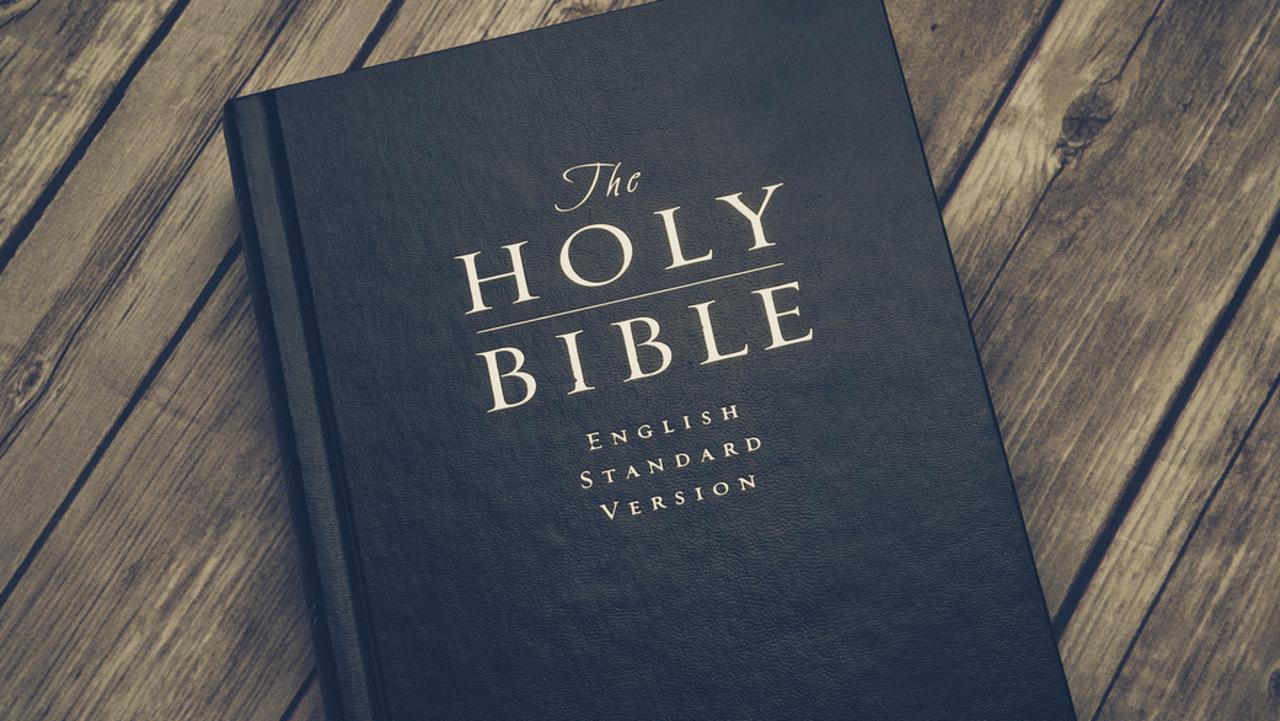
In a tacky Christian gift shop in Bethlehem, they sell Bibles with olive wood glued to the cover and, embedded within that, a tiny plastic porthole containing a pinch of dirt.
For only 44 American dollars ($A63) you can get the Word of the Lord and an actual piece of the Holy Land.
And somewhere in that transaction is a clue to all the wars and conquests and occupations and yearnings of all the world’s peoples. The idea that somewhere — be it far away or underfoot — there is a land that we belong to or that must belong to us.
In Israel that land is subject to what must be the planet’s longest running turf war, an ongoing dispute of some 3000 years whose resolution is still nowhere in sight.
In Australia we have people who have lived here for 60,000 years, followed by a bunch of newcomers who came in over the last couple of centuries.
No two countries could be more different — each both more ancient and more new than the other. And yet the devils that beset them are exactly the same: the twin questions of who the land belongs to and who belongs to it.
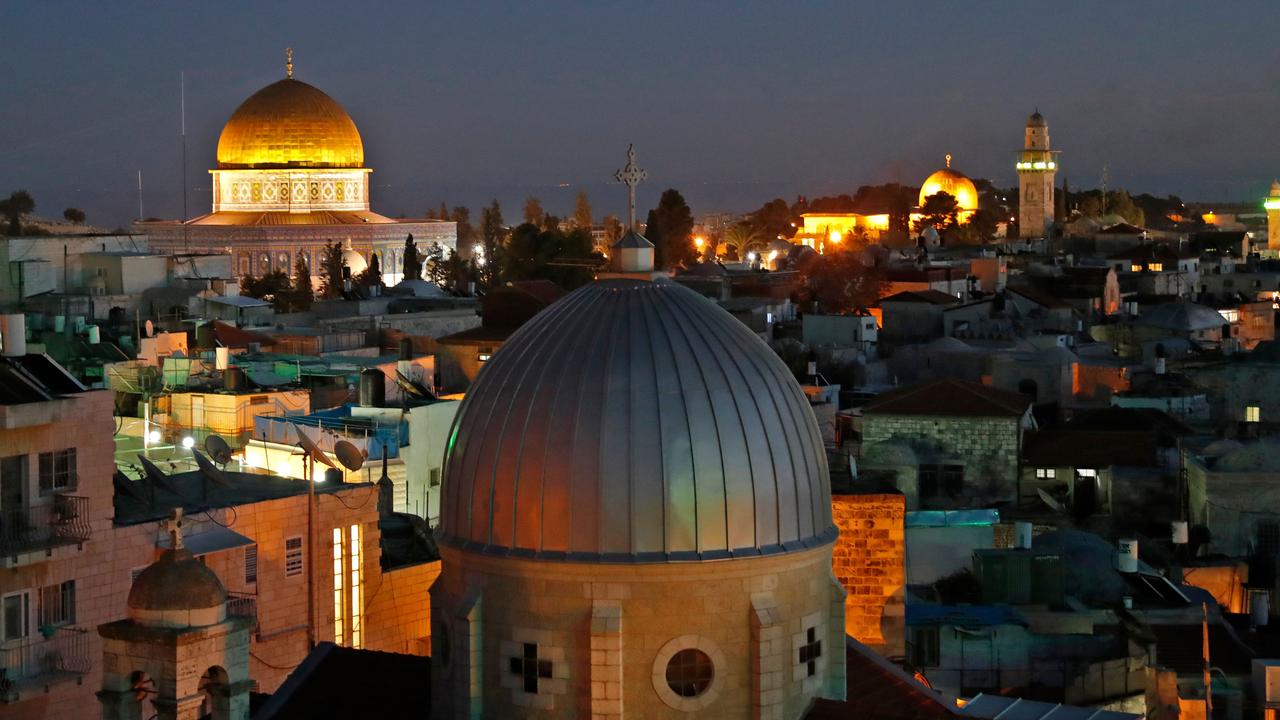
In both places this is no abstract debate, it is literally a matter of life and death. And in the home of Abraham there is a new hope that even just by changing the way Israelis and Palestinians think about the land, those lives could be saved and that long-elusive peace finally reached.
In other words, if both sides think about themselves belonging to the land rather than the land belonging to them, each could finally accept the other’s legitimacy and right to exist.
Yet far below that big conceptual struggle are much more immediate and temporal contests. Israeli settlements in occupied territories pressing against Palestinian farms and villages, fights over who gets planning approval or where a security fence should go. The land is both an eternal spiritual calling and a Byzantine bureaucratic minefield.
In Australia it is again exactly the same but completely different. Our First Nations peoples have an ancient spiritual connection to the land, but also urgent mortal and practical problems, ranging from much poorer education and employment outcomes to mortality itself.
And it is hard not to conclude that the gulf between these two problems, the chasm between the universal and the minute, is the reason that both nations are at an impasse.
In Israel, debate about possession can oscillate in an instant between the ancient foundations of the City of David and the cost of electricity in Ramallah.
In Australia, questions range from whether the longest continuous civilisation on earth deserves special recognition in our founding document to how to address rampant middle-ear infections that hamper Indigenous kids’ learning.
And in both cases it is impossible to address one without addressing the other.
Israelis cannot fully appreciate Palestinian suffering unless Palestinians fully appreciate their historical connection to Israel. Likewise, Indigenous activists are often unwilling to fully confront dysfunction and violence in their communities until Australia fully acknowledges their primacy and historical injustices.
And so there is a grand moral element to both contests — historical and almost metaphysical — as well as a base menial aspect that is critical to day-to-day survival. And attempts to address one are almost invariably met with complaints about the other. That is the first gulf that remains unbridged.
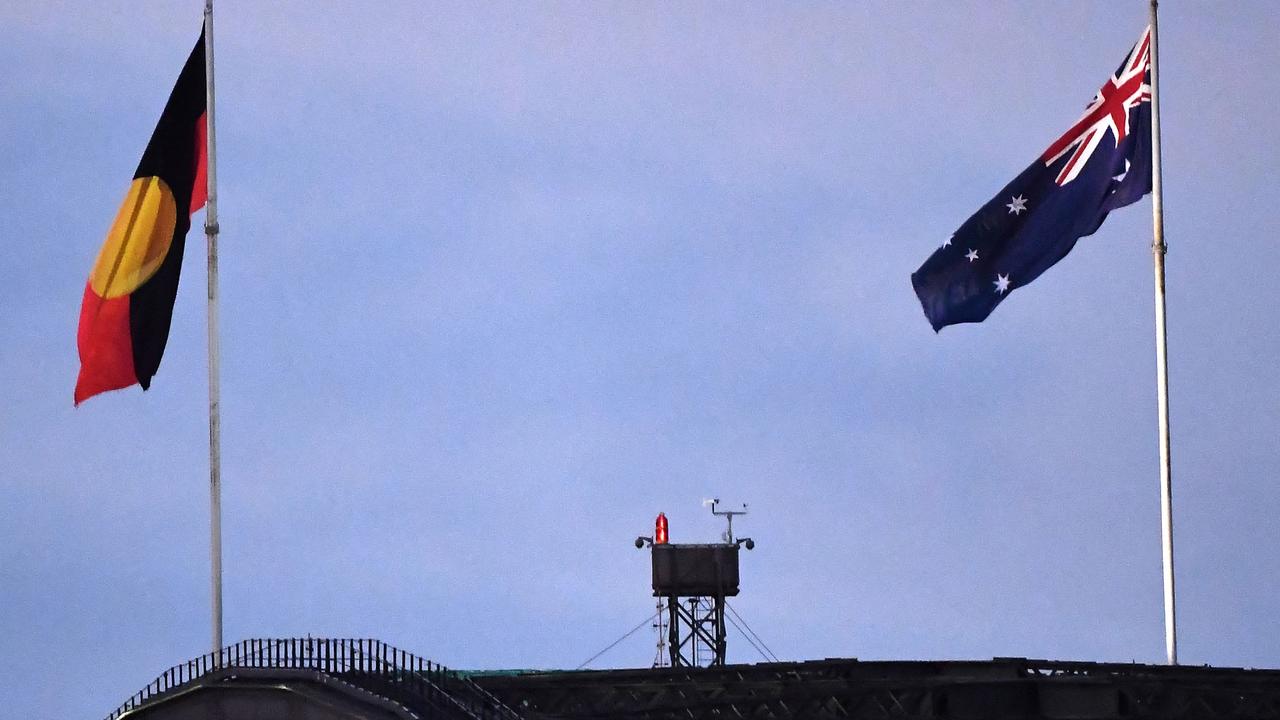
Then, layered upon this great disconnect, is the common notion on both sides, in both countries, that it is the other side who is winning.
Despite the obvious economic gap between Israeli and Palestinian communities, it is a deeply and anxiously held belief among many Israelis that it is they whom the world is against, and they who are in a daily fight for survival.
Likewise, despite the appalling disadvantages suffered by Indigenous communities on almost every metric, many Australians genuinely believe that they receive benefits denied to non-Indigenous Australians and that specific recognition in the constitution would represent more special treatment.
Thus while it may appear to many on the outside that two dominant groups are simply being asked to yield concessions to two underprivileged groups, within those groups is a view — perhaps wrongly but honestly held — that it is in fact the groups they are being asked to concede to that are in the ascendancy.
And so in both countries there is a chasm between the philosophical and the practical — with arguments about one being derailed by counterarguments about the other — combined with completely dissonant beliefs of which party is even the aggrieved one. It is a double two-way disconnect.
And so there can be no true reconciliation in either place until both sides fully appreciate the totality of the suffering and anxieties of the other, while at the same time addressing both old and new grievances in tandem.
This makes the task that much harder but also that much clearer, something that only fully dawned on me amid another conflict on the other side of the world.
Perhaps you have to leave your country to truly understand it. And also to truly appreciate it.
Joe travelled to Israel as a guest of the Australia Israel and Jewish Affairs Council



